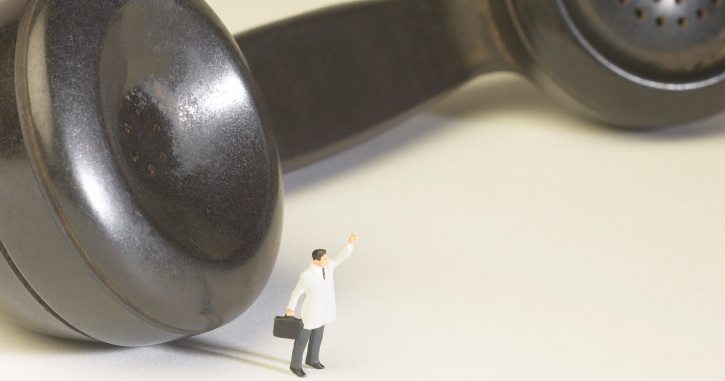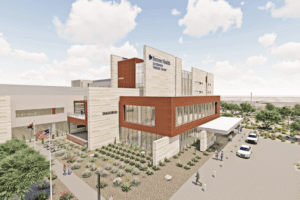Sitting impatiently in a packed waiting room past your appointment time just hoping to be called next, seems like a far cry from the comfort of the old country doctor that made house calls.
A few Valley doctors are resurrecting this relationship-oriented style of medicine through a hybrid concierge model; some even make house calls in urgent situations.
Concierge care, which solely caters to a VIP clientele, has been around for a while. But Wayne Lipton, the founder of Concierge Choice Physicians, is touting a hybrid model that has a handful of doctors practicing in Arizona and more than 160 physicians in 16 states.
The hybrid approach allows concierge patients to have direct contact with their physician through e-mail or phone, same- or next-day appointments, extended visits and executive physicals. The doctors can still see other patients who didn’t feel the need to pay extra to join a concierge model.
“This approach is not only kinder and gentler to an area, it helps accomplish a number of goals,” Lipton says. “It’s a choice, not a requirement on the part of patients. So it’s an opportunity, and the opportunity is to have something that’s more akin to old-fashioned primary care. It’s also an opportunity for the doctor to continue to participate in the plan and the government plan they’d been in before.”
Dr. Susan Wilder, who has been a physician for more than 20 years, switched her practice, LifeScape Medical Associates, to the hybrid model about two years ago.
“We wanted to take the time needed with patients … not churn them through 40 patients a day,” says Wilder, founder and CEO of LifeScape Medical Associates in Scottsdale.
Wilder became a doctor to provide the kind of care she received as a child from her general practitioner, who knew her family’s medical history and who delivered her and her siblings.
“My ideal was to be the old-fashioned family doctor,” she says. “The concierge model allows us to have that relationship.”
Christine Craft, who has been a concierge patient for two years, says she opted to have more accessibility to and a closer relationship with her doctor.
Craft says most of her questions are health-related as opposed to sickness-related, but the conversations the hybrid model allows her to have with Wilder are worth the extra payments.
Craft and her husband didn’t have health issues when they became concierge patients, but since that time Craft’s husband has developed a serious illness.
She says she thought the concierge practice was valuable when she was healthy, but with a serious illness, “the value of it increases a hundred times. … The accessibility that my husband (has), to have that when times are scary and tough (is) even more valuable.”
Wilder isn’t the only doctor to find the concierge care beneficial to both her and her patients.
“It’s growing leaps and bounds,” Lipton says. “It’s growing numbers amongst the best and the brightest … because it is consistent with why they became primary care doctors to begin with.”
In the current health care system, where the only way to increase income is to increase patients, thereby decreasing the level of care, doctors are turning to concierge care to boost income.
“Sometimes I feel like Charlie Brown and the football” in the current health care system, Wilder says.
Although Wilder only has about 200 concierge patients and her practice has more than 1,500 non-concierge patients, she says the hybrid model has kept her practice alive financially.
“It doesn’t make millionaire doctors, but what it does is it bolsters the revenue of a practice efficiently to make up for what really is a very unsure level of compensation for primary physicians today, and it encourages excellence,” Lipton says.
The hybrid model not only boosts income, but also the fulfillment level of doctors.
It’s “much more rewarding to provide comprehensive care,” Wilder says.




